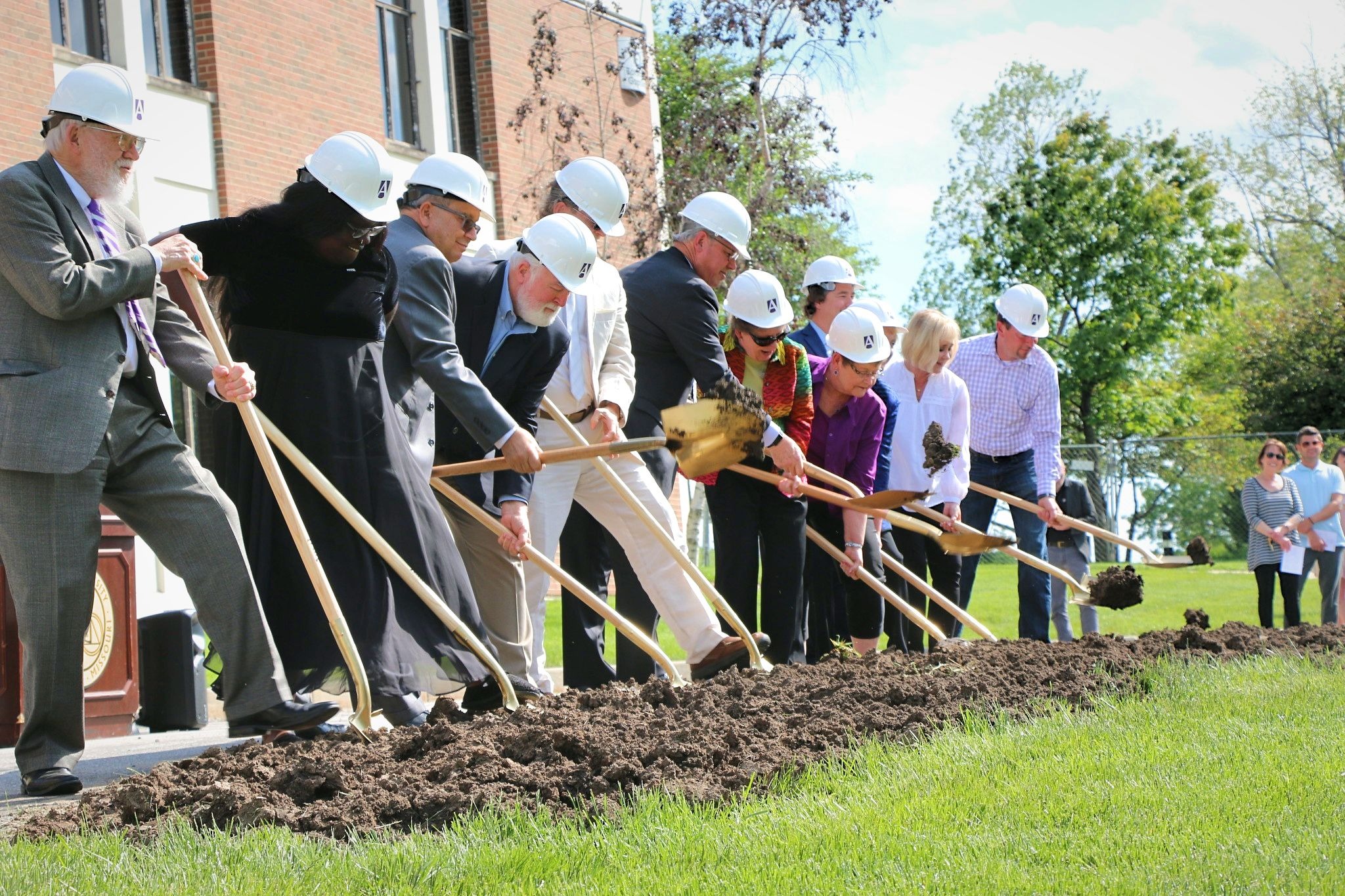The wellbeing of all members of the Avila community is our highest priority. To that end, for the past six weeks, University officials have been closely monitoring the global threat posed by the new coronavirus (COVID-19). Now, with Avila’s spring break approaching and the virus spreading beyond China, we are writing to provide new information and updates.
The Centers for Disease Control and Prevention (CDC) has issued Level 3 travel advisories (Avoid Nonessential Travel) for China, Iran, Italy, and South Korea due to the spread of COVID-19 in those countries. As a result,
- Avila University is immediately prohibiting all University-sponsored travel to these countries until the CDC changes the levels of travel advisories.
- The University discourages personal travel to these locations.
- Employees or students who travel here must refrain from physical presence on campus for a period of 14 calendar days after return to the United States.
The CDC has issued Level 2 travel advisories (Enhanced Precautions) for Japan due to the spread of COVID-19. As a result,
- Avila University is enacting approval requirements for all University-sponsored travel to these countries until the CDC changes the levels of travel advisories.
- As a result, Avila University is asking all employees and students to notify Darby Gough or Sue Willcox of travel to these locations.
- Persons who exhibit symptoms of flu or COVID-19 within 14 days of return from these countries are asked to refrain from coming to the Avila campus as must notify personal health providers immediately.
The CDC has issued a Level 1 travel advisory (Practice Usual Precautions) for Hong Kong due to the spread of COVID-19. As a result,
- Avila University is asking all employees and students to notify Darby Gough or Sue Willcox of travel to these locations.
This situation remains very fluid and other countries or cities could be added. Additionally, Avila University will monitor University-sponsored activities and will make changes to these activities when it is believed to expose students or employees to at-risk environments.
If you do choose to travel internationally, please keep the following in mind:
- Understand and routinely check any travel and border restrictions in transit, at your proposed destination, and upon your return, such as denial of entry or a mandatory 14-day quarantine on arrival.
- Allow additional time for arrival procedures, or when passing through affected area airports, taking into account temperature and health screenings.
- If you are traveling or transiting from COVID-19 affected areas, anticipate more stringent scrutiny and reconfirm the status of flights with your carrier or the airport.
- Follow all official directives by authorities.
- Monitor developments through the U.S. State Department and CDC websites.
- Do not travel if you are sick; travelers who are sick risk being quarantined and health testing.
Health advice
It cannot be emphasized enough that good self-care habits are vitally important, including:
- Wash your hands often with soap and water for a minimum of 20 seconds or use a hand sanitizer with at least 70 percent alcohol
- Cover your cough
- Avoid touching your eyes, nose, or mouth with unwashed hands
- Don’t share food or drinks or pens
- If you get sick, stay home and rest
On campus
After consulting with local and state health department officials, we have no reason to believe there is any risk to anyone on the Avila campus, and the American College Health Association has advised that there still is “no basis for changing business as usual regarding housing, campus events, and other circumstances under which large groups of people will be gathering.”
However, many members of our community have deep concerns about their families and friends in China, South Korea, Iran, Italy, Japan and elsewhere. They also may have to cancel spring break or summer plans due to the spread of the virus. Please offer support should you interact with anyone who is impacted.
National resources include the CDC and U.S. State Department.
The University will continue to closely monitor this health risk and provide updates when warranted.
